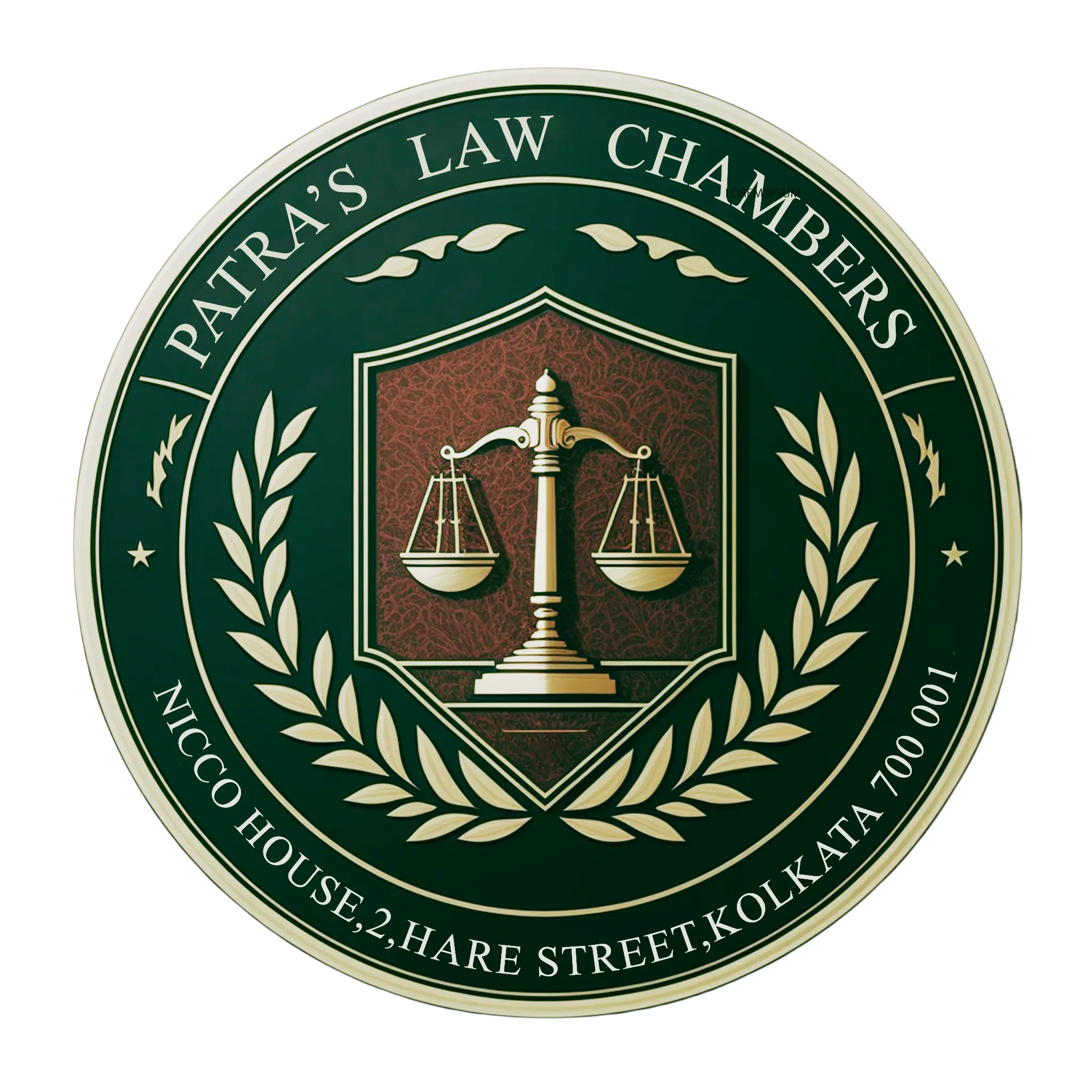Case Title:
James Kunjwal v. State of Uttarakhand & Anr.,
Criminal Appeal No. 3350 of 2024,
[2024] 8 S.C.R. 332 : 2024 INSC 601
Date of Judgment:
13 August 2024
Judges:
B.R. Gavai, Sanjay Karol, K.V. Viswanathan, JJ.
YOUTUBE Summary:
Key Facts:
- The appellant, James Kunjwal, was accused under Sections 376 and 504 of the Indian Penal Code (IPC) by the second respondent (a woman) for engaging in a relationship under the false pretext of marriage.
- An FIR was lodged on 2 May 2021, accusing the appellant of rape and criminal intimidation.
- The appellant sought bail from the Additional District and Sessions Judge, Nainital, which was rejected.
- Subsequently, the appellant’s bail was granted by the High Court of Uttarakhand on 8 June 2021.
- The complainant filed a bail cancellation application, alleging that the appellant had misrepresented facts in his bail application.
- The High Court dismissed the application but observed that the appellant had intentionally filed a false affidavit.
- The High Court directed the Registrar (Judicial) to file a complaint against the appellant under Section 193 IPC for filing a false affidavit.
- The appellant challenged this order in the Supreme Court, arguing that his statements did not meet the threshold for perjury under Section 193 IPC.
- The complainant alleged that the appellant continued to harass her via WhatsApp, despite a police warning.
- The Supreme Court evaluated whether the false affidavit constituted an offense under Section 193 IPC.
Legal Points:
- Section 191 IPC: Defines false evidence as making false statements under oath or by law.
- Section 193 IPC: Punishes giving false evidence or fabricating evidence in judicial proceedings.
- Section 195(1)(b) CrPC: Specifies that no court shall take cognizance of offenses under Section 193 IPC unless a complaint is made by the concerned court.
- Threshold for Perjury: The Supreme Court noted that perjury must involve deliberate falsehood on a matter of substance, not mere inaccuracies.
- Expediency in the Interest of Justice: Legal proceedings under Section 193 IPC should only be initiated when it is expedient in the interest of justice, not for trivial inaccuracies.
- Judicial Precedents: Cited several cases (e.g., Chajoo Ram v. Radhey Shyam, Iqbal Singh Marwah v. Meenakshi Marwah) to affirm that perjury prosecution must be based on strong grounds, not mere suspicion.
- Prima Facie Case: A prima facie case must be established before proceeding with perjury charges.
- Contradictory Affidavits: The High Court based its observations on conflicting statements made by the complainant and the appellant in their affidavits.
- Protection against Malicious Prosecution: The Supreme Court emphasized the need to avoid prosecuting individuals for perjury without solid evidence.
- Denial as Defense: The appellant’s defense rested on the argument that his denial of allegations did not constitute false evidence.
Arguments:
- Appellant (James Kunjwal):
Argued that his denial of allegations did not meet the criteria for perjury under Section 193 IPC. He cited the Supreme Court’s decision in Iqbal Singh Marwah to assert that mere denial does not amount to a deliberate falsehood. - Respondents (State of Uttarakhand & Complainant):
Argued that the appellant had intentionally filed a false affidavit and continued to harass the complainant through social media despite the bail conditions.
Cited Cases:
- Iqbal Singh Marwah v. Meenakshi Marwah (2005): Established that perjury should only be prosecuted when there is clear and deliberate falsehood.
- Chajoo Ram v. Radhey Shyam (1971): Emphasized that prosecution for perjury should be initiated only in cases where there is a deliberate attempt to deceive the court.
- R.S. Sujatha v. State of Karnataka (2011): Stressed that the court must be convinced of the expediency of prosecution before proceeding with perjury charges.
- Bhima Razu Prasad v. State Rep. by Deputy Superintendent of Police, CBI (2021): Clarified that false statements made in judicial proceedings attract Section 193 IPC only when they are deliberate and intended to mislead the court.
Judgment Points:
- The Supreme Court held that the appellant’s affidavit did not meet the threshold for perjury under Section 193 IPC.
- Mere inaccuracies or denials in affidavits do not constitute perjury unless there is clear evidence of deliberate falsehood.
- The appellant’s statements were found to be denials of the complainant’s version, not intentional falsehoods.
- The Court found no malafide intent in the appellant’s affidavit.
- The High Court’s order directing the Registrar to file a complaint under Section 193 IPC was set aside.
- The Court emphasized that prosecution for perjury should be initiated only in exceptional circumstances.
- The Court reaffirmed that perjury requires more than mere suspicion or inaccurate statements.
- The Court clarified that the decision in this case would not impact the criminal trial pending against the appellant.
- The judgment referenced the principle that prosecution under Section 193 IPC should be reserved for cases where justice demands it.
- The appeal was allowed, and the proceedings against the appellant were quashed.

